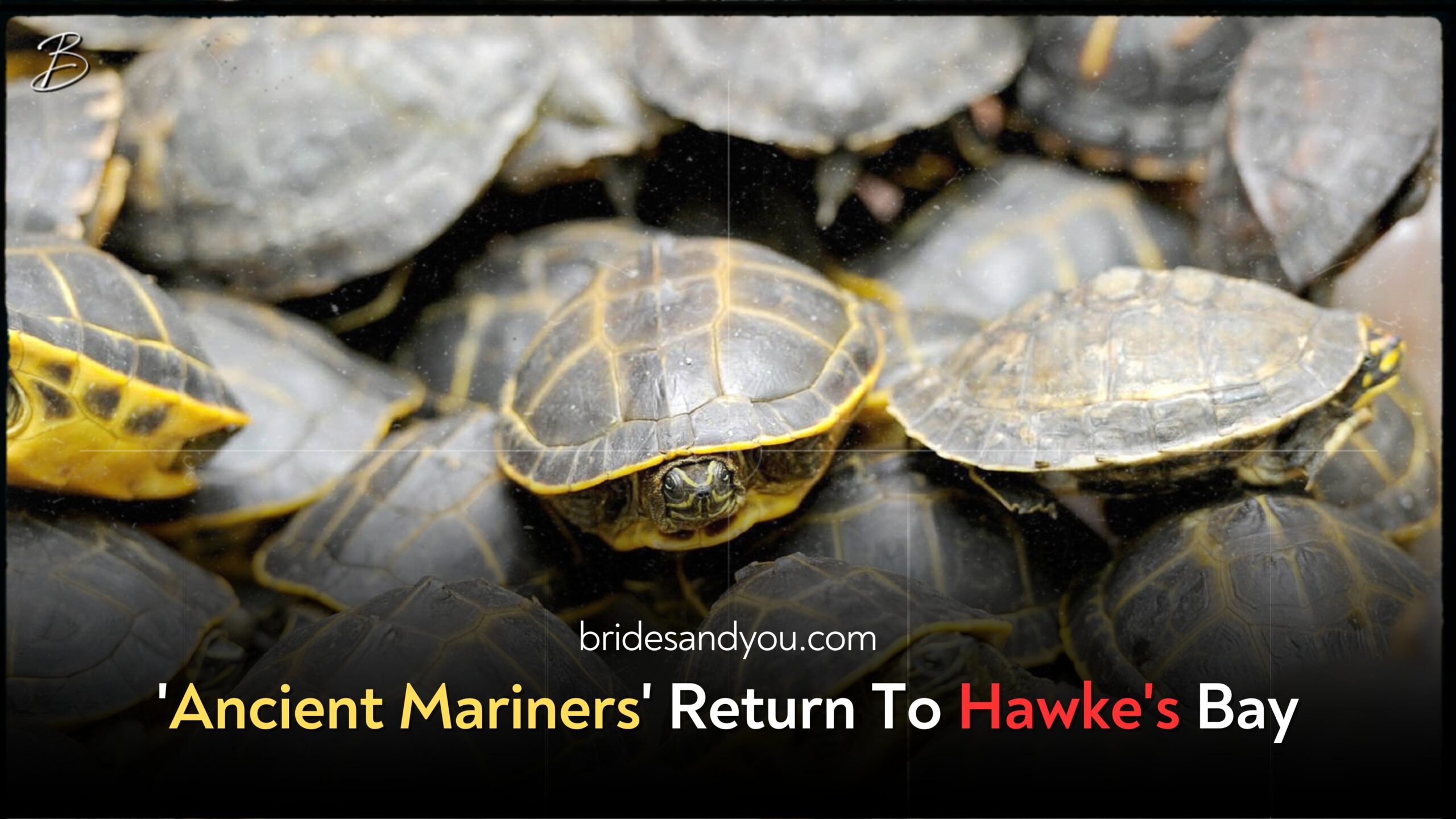Now Reading: ‘ancient Mariners’ Return To Hawke’s Bay
-
01
‘ancient Mariners’ Return To Hawke’s Bay
‘ancient Mariners’ Return To Hawke’s Bay

Green Turtles Return to Karachi’s Turtle Beach for Annual Breeding Season
The iconic green sea turtles have once again begun their annual journey to Karachi’s Turtle Beach, also known as Hawke’s Bay, to lay their eggs, kicking off the 2024 breeding season. More than 80 female turtles have come ashore so far, making their nests in the warm sands. This natural spectacle, which unfolds from mid-August to mid-February, is part of a global migratory cycle that includes countries like Canada, Germany, Australia, and Sri Lanka, where turtles travel vast distances to lay their eggs.
Green turtles, also known as Pacific green or black turtles, have captivated environmentalists and locals alike, as they are both a symbol of resilience and a critical component of the marine ecosystem. Female turtles typically lay between 80 to 110 eggs per clutch, while larger turtles may lay up to 140 eggs. In about 45 days, these eggs will hatch, and tiny hatchlings will make their perilous journey to the sea.
Engaging Youth in Conservation Efforts
The Sindh Wildlife Department (SWD), along with local conservation groups, recently hosted an event for 150 schoolchildren, who had the opportunity to witness the hatching process firsthand and help release one- to two-day-old hatchlings into the Arabian Sea. This hands-on experience is not only thrilling for young learners but also serves as an important educational moment, raising awareness of the importance of marine conservation.
Ashfaq Memon, head of SWD’s Marine Turtle Conservation Program, announced that this year’s breeding season aims to produce and release 30,000 hatchlings, adding to the nearly 900,000 turtles the SWD has helped protect since 1975. Dedicated volunteers from the SWD patrol Turtle Beach during the nesting season, collecting eggs and relocating them to secure hatcheries, where they are safeguarded until ready for release.
The Battle Against Environmental Hazards
Despite these concerted conservation efforts, green turtles face multiple threats from pollution, habitat destruction, and fishing activities. Karachi’s beaches, once abundant with Olive Ridley turtles, have seen a sharp decline in this species, and green turtles are now considered endangered due to environmental challenges.
Human-induced threats like plastic pollution pose significant hazards; plastic bags and other debris litter the nesting beaches, creating obstacles for nesting turtles and endangering hatchlings. The wildlife experts have also noted that recent development projects along Karachi’s coastline have exacerbated the destruction of these vital nesting grounds. Fishing nets and boat propellers are additional dangers, often causing injuries or fatalities among the turtles.
Nature’s Fascinating Journey of Return
Green turtles possess a remarkable magnetic sense, enabling them to navigate back to the very beaches where they were born. Females will return to their birthplace up to 15 times over their average lifespan of 70 years. In a fascinating twist of nature, the temperature of the sands also influences the sex of the hatchlings—warmer sands produce female turtles, while cooler sands yield males.
Pakistan is home to a wide variety of turtles, including seven species of sea turtles and several freshwater and land turtle species, each playing a unique role in the ecosystem. Turtles help maintain healthy marine ecosystems, particularly by feeding on seaweed, which prevents algae overgrowth that can damage coral reefs.
Conservation: A Global Responsibility
According to research by the International Union for Conservation of Nature (IUCN), only one in a thousand turtle hatchlings survives to adulthood. With such a slim survival rate, efforts by local and international conservation groups are critical to ensuring these magnificent creatures continue to thrive. SWD’s dedication to turtle conservation has drawn international attention, as tagged turtles from Karachi have been spotted as far away as Iran, India, and Muscat, showcasing the far-reaching impact of their conservation work.
Preserving green turtles not only protects a species that has been on Earth since the age of dinosaurs but also maintains the health of our oceans. The annual migration to Karachi’s Turtle Beach reminds us of the resilience of nature and the responsibility humans share in safeguarding these ancient mariners for future generations.










